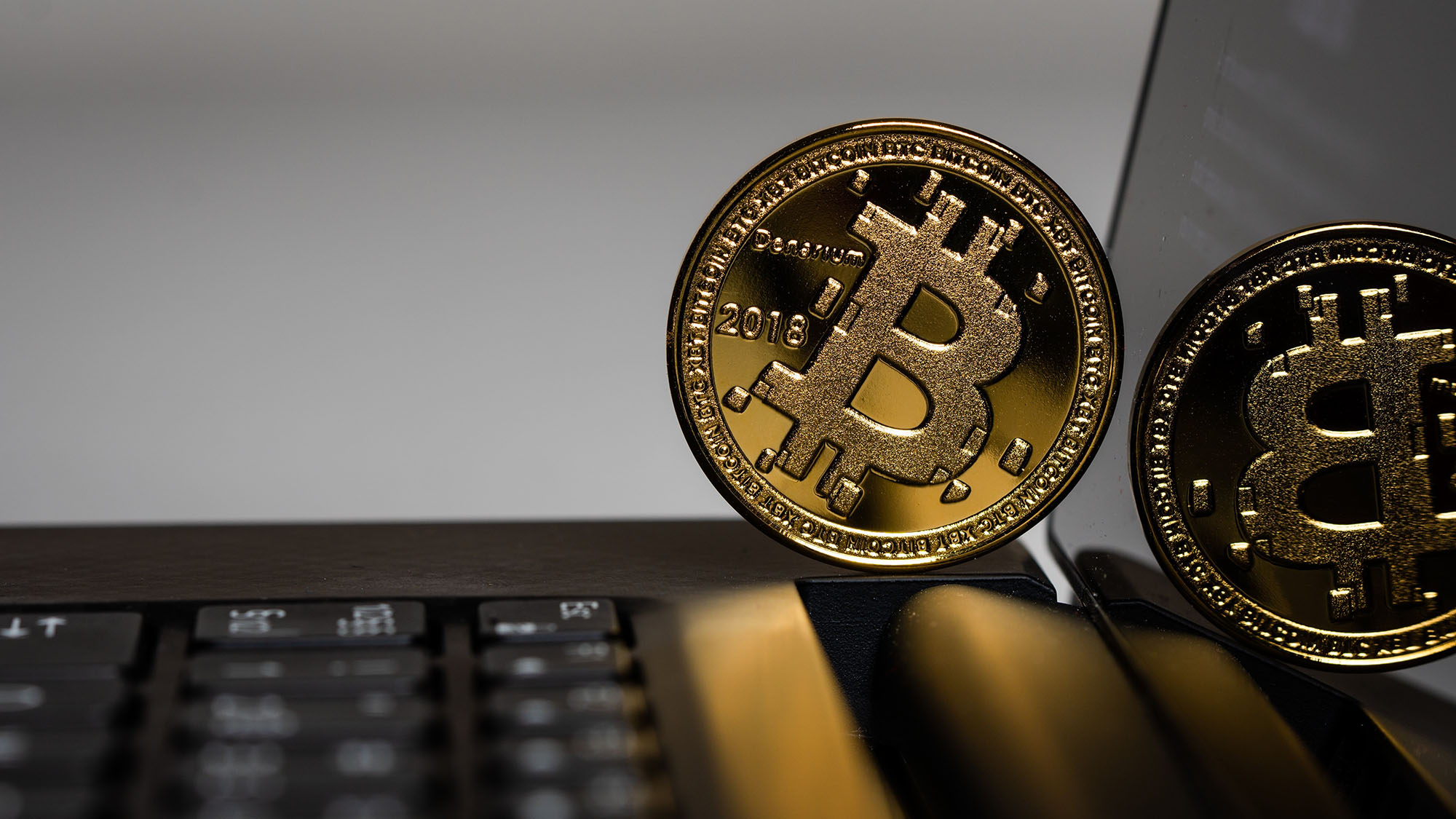If you are interested in the future of cryptocurrency, you should probably get to know the Bank Secrecy Act, a nearly 50-year-old law that requires financial institutions in the US to help law enforcement agencies police money laundering.
The government could someday try to use the law to impose strict controls on how—and whether—certain blockchain-based currencies can be used.
Take it from David Murray, a vice president at the Financial Integrity Network, a consulting firm in Washington, DC, that focuses on illicit finance. In testimony this week before a Senate subcommittee, Murray called on the government to expand its powers under the BSA to combat the use of cryptocurrency by human traffickers. “Virtual assets are vulnerable to illicit finance because they offer rapid and irrevocable settlement and the potential for anonymity,” he said.
Traditionally, efforts to weed out illicit finance have focused on banks and other financial intermediaries. But public blockchain networks like Bitcoin pose unique challenges for law enforcement. The BSA, for instance, mandates that financial institutions collect certain information about their users and file reports to the US Treasury Department when transactions are larger than $5,000 or otherwise qualify as “suspicious.” But since a global network of computers—not a centralized institution—validates Bitcoin transactions, who are they supposed to regulate?
To tighten its grip on cryptocurrency, Murray said, the Treasury Department should broaden the BSA’s definition of a “financial institution” to include certain cryptocurrency “service providers” as well. While cryptocurrency exchanges and crypto-asset storage providers are already covered by the BSA, other important participants in blockchain systems remain outside the law’s scope, and that should change, Murray argued.
One group he mentioned specifically was “virtual asset transaction validators.” Different blockchain systems work in different ways, but in all of them, participants who run the software the network uses are required to validate new transactions. Bitcoin and similar cryptocurrencies call them “miners” because they receive newly minted digital money in exchange for this activity. Murray said the US should regulate miners as so-called money services businesses.
But regulating miners would “basically make the technology nonviable,” at least in the US, says Peter Van Valkenburgh, director of research at Coin Center, a blockchain policy advocacy group in Washington, DC. It’s also probably not even feasible. Given the global, pseudonymous nature of Bitcoin and similar systems, it would be difficult if not impossible to identify and locate all miners, who could just move to other countries with less strict rules. Besides, says Van Valkenburgh, it doesn’t make sense to force Bitcoin miners to keep track of their customers the way a financial institution would, since they don’t really have customers. “They have no idea who has requested transactions on the blockchain,” he says, adding that they are “just running the protocol” in hope of a reward.
Van Valkenburgh notes that the Treasury Department has long had the power to broaden the BSA’s definition of a financial institution to include cryptocurrency miners, but thus far it has explicitly chosen not to. The international body in charge of policing money laundering, the Financial Action Task Force, has also chosen to avoid regulating miners, instead focusing on cryptocurrency exchanges.
It’s not beyond the realm of possibility that this could change, perhaps in the wake of some future crime that involves the use of cryptocurrency. If US authorities ever do try to expand their powers under BSA to crack down on cryptocurrency, though, they’ll be in for a fight. Van Valkenburgh argues that using the BSA to regulate cryptocurrency software developers and individual users would be unconstitutional.
Keep Reading
Most Popular
Large language models can do jaw-dropping things. But nobody knows exactly why.
And that's a problem. Figuring it out is one of the biggest scientific puzzles of our time and a crucial step towards controlling more powerful future models.
How scientists traced a mysterious covid case back to six toilets
When wastewater surveillance turns into a hunt for a single infected individual, the ethics get tricky.
The problem with plug-in hybrids? Their drivers.
Plug-in hybrids are often sold as a transition to EVs, but new data from Europe shows we’re still underestimating the emissions they produce.
Stay connected
Get the latest updates from
MIT Technology Review
Discover special offers, top stories, upcoming events, and more.
